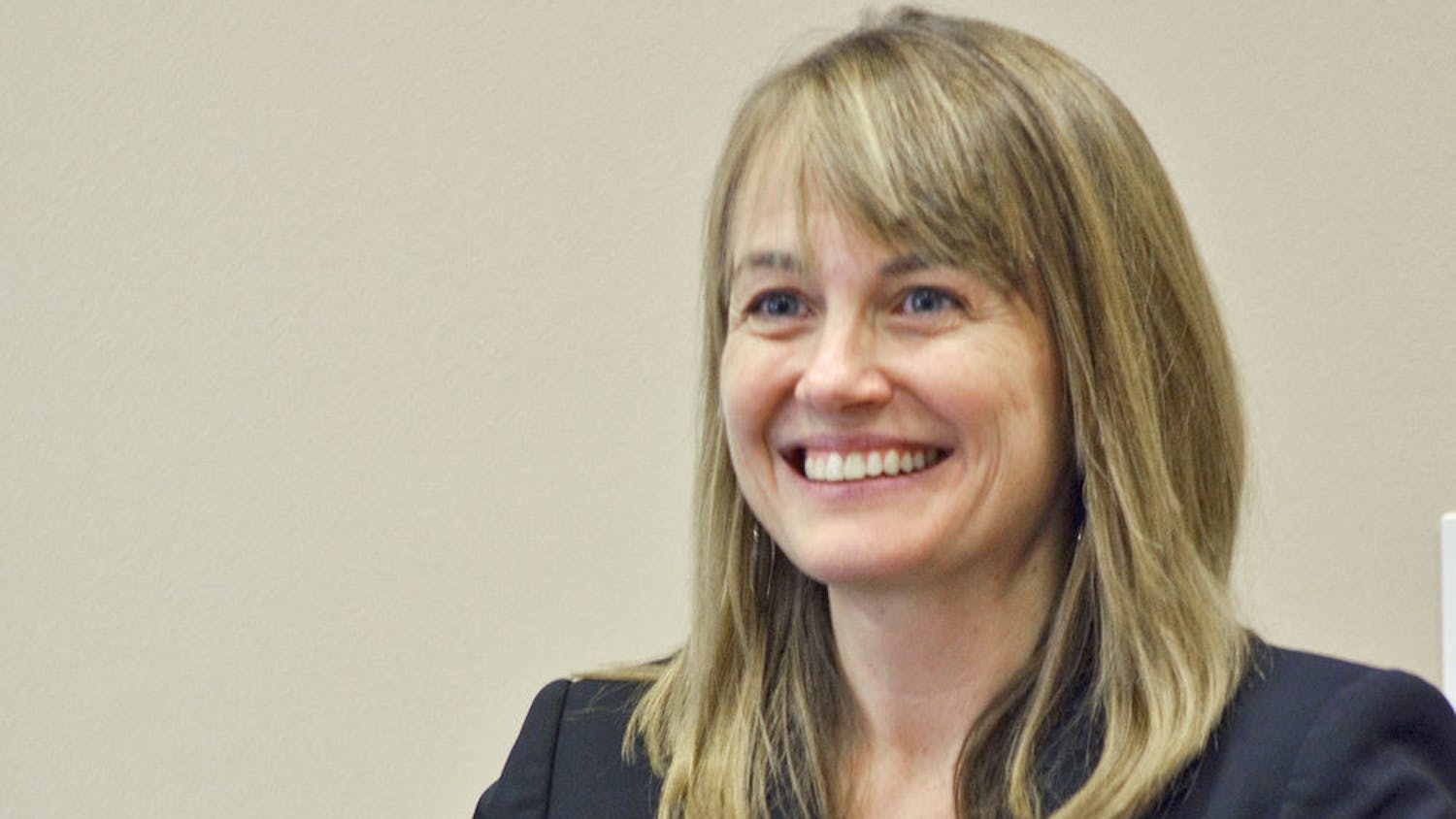The most important test for students applying to law school faced a major change Saturday: a switch from traditional pencil and paper to a modern, digital tablet.
The Law School Admission Test, or LSAT, became fully digital, according to the Law School Admissions Council, or LSAC. Students switched from taking the exam on paper to on a tablet, said Jeff Thomas, the executive director of admissions programs at Kaplan Test Prep, which is a test prep company that provides services for the LSAT.
“While the format is changing, the content will not,” he said. “The skills you needed to master on the LSAT a year ago are still the skills you need today.”
The LSAC provides three free online tutorials and practice tests to ensure that students know how to use the software and are familiar with the format, he said.
In July, the first digital exams were administered in a half-digital half-paper exam. Half of the students took the exam on a tablet –– provided to the students on the day of the exam –– and the other half took it on paper, Thomas said. Additional tablets were available in case of glitches; however, there were very few issues, he said.
The price to take the LSAT will remain the same, and the LSAC will provide all of the tablets, said Paul Rollins, UF Levin College of Law assistant dean for admissions. The exam is offered seven times per year, according to the LSAC.
The digital LSAT has been in the works for about three years, Rollins said. Ultimately, the switch will make scoring more convenient and accurate, and scores will be available a few weeks sooner.
The writing section of the exam will be separate from the multiple choice, he said.
“It allows the LSAC to administer the test more efficiently,” he said. “I think there are some advantages to the digital exam.”
LSAT software will ensure that students can’t access the internet during exams to prevent cheating, Rollins said.
Erin McLoughlin, a 20-year-old UF criminology junior, took the paper version of the LSAT in July, which she said she prefers.
But she sees benefits to the digital version. McLoughlin said she hopes that the digital change to the LSAT could make the exam more accessible, such as offering it more often.
“It’s just hard to adjust from doing something on paper to doing it on a computer,” McLoughlin said. “Especially on something like the LSAT where people spend so much time studying and so much money prepping.”
Elizabeth Bishop, a 20-year-old UF political science junior, took the digital LSAT in July and on Saturday. She said the LSAT on Saturday was smoother than the first.
She said she did not like taking it with the tablet flat on the table, which is done to prevent cheating, because of the uncomfortable angle. However, she appreciated the timer function, which shows the time remaining on the screen, and not worrying about accidentally opening the wrong exam section.
Bishop said not bubbling in all the answers also made the test-taking process easier.
“The software itself I thought was fine,” she said. “It seemed pretty cognitive and it made sense. I didn’t have any serious issues with it.”

Meghan McGlone is a UF junior majoring in journalism and English, and this year she’s the City and County Commission reporter. In past years, she’s served as the University Editor, the Student Government reporter, and other positions. Her favorite past time is eating gummy worms and reading a good book.





